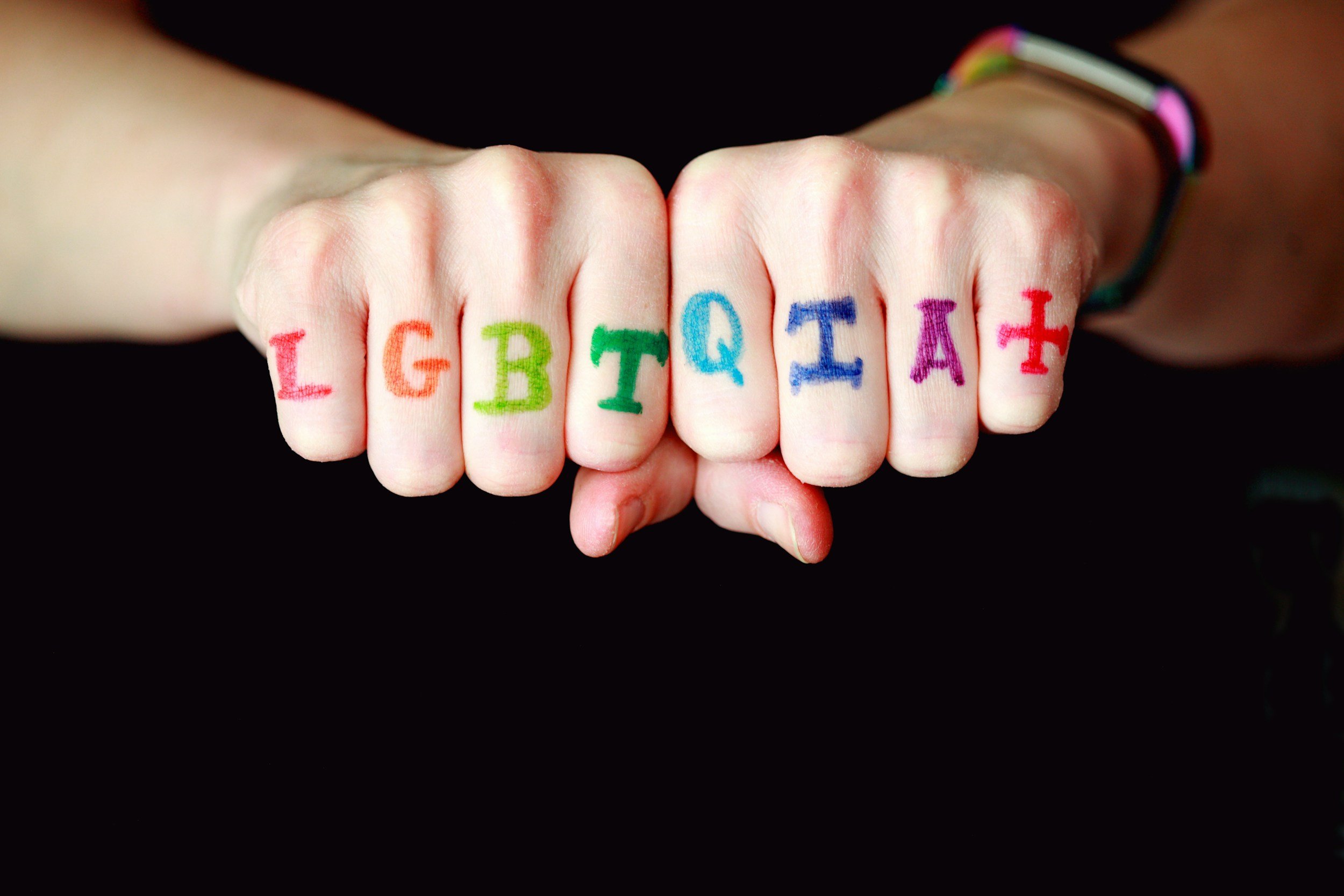The Power of Group Therapy for LGBTQ+ Clients: Why Community Heals
Group therapy at Groundwork Therapy offers LGBTQ+ individuals something uniquely healing: a space where identity is affirmed, community is nurtured, and emotional growth happens in relationship with others. While individual therapy provides essential one-on-one support, group therapy invites clients into a shared experience that deepens insight, reduces isolation, and offers powerful opportunities for reflection and connection. For many queer and trans people, this relational environment becomes a transformative part of their mental health journey.
Why Group Therapy Matters for LGBTQ+ Individuals
LGBTQ+ clients often navigate stressors related to identity, family dynamics, discrimination, and systemic barriers. These pressures can create layers of emotional complexity that feel heavy to carry alone. Group therapy creates a community-based space where clients can process these experiences without needing to explain or justify their identities.
A Space That Reduces Isolation
Even in queer-friendly cities like New York, many LGBTQ+ people feel disconnected or unseen. Group therapy provides a space where participants are met with understanding, affirmation, and shared humanity. Over time, clients begin to experience a sense of belonging that often extends beyond the therapy room.
A Place Where Identity Is Understood
In a queer-affirming therapy group, members share a common cultural context. This means fewer barriers, less code-switching, and a deeper sense of safety. Clients do not have to educate others about their identity—they can simply be themselves.
The Unique Benefits of Group Therapy
1. Connection and Community
In group therapy, clients form meaningful bonds that act as a buffer against stress, shame, and loneliness. Hearing others’ stories often helps people feel validated in their own experiences. Connection becomes an active part of healing.
2. Real-Time Feedback and Relational Insight
Group therapy offers immediate relational feedback. Clients get to see how their patterns show up with others—whether they withdraw, overextend, avoid conflict, or struggle to ask for what they need. This reflective process builds emotional awareness in a way individual therapy alone can’t replicate.
3. Modeling and Shared Wisdom
Group members learn from one another. Seeing peers navigate boundaries, communicate emotions, or tackle identity exploration can be inspiring and grounding. This modeling often encourages clients to try new approaches in their own relationships.
4. Accountability and Momentum
The group’s weekly rhythm provides structure and motivation. Members celebrate each other’s progress and support one another through setbacks. This shared journey helps reinforce insights and strengthen new habits.
5. A Safe Space to Explore Identity
For clients exploring sexual or gender identity, group therapy provides a stable, affirming environment to process confusion, excitement, grief, or change. Members often gain confidence, language, and self-understanding through these conversations.
Group Therapy and Individual Therapy: What’s the Difference?
Individual therapy helps clients explore internal experiences privately and deeply. Group therapy, on the other hand, offers the relational practice clients often need to make meaningful change.
In group therapy, clients can:
Practice vulnerability
Build trust
Receive and offer feedback
Notice patterns in real time
Experience belonging
Many LGBTQ+ clients benefit from both modalities—each playing a complementary role in their growth and resilience.
What Makes a Group Space Safe and Affirming
At Groundwork Therapy, our LGBTQ+-affirming groups are intentionally structured to foster safety, respect, and connection. We begin by establishing shared agreements around confidentiality, compassion, and boundaries. Members are encouraged to move at their own pace and participate in ways that feel safe and authentic.
The therapist’s role is to guide conversation, protect the emotional safety of the space, and ensure that all voices are welcomed. Over time, the group becomes a stable and reliable place to bring struggles, insights, relational patterns, and moments of joy.
Common Themes Explored in LGBTQ+ Group Therapy
Group therapy can support a wide range of issues, including:
Identity exploration
Dating, relationships, and communication
Family acceptance or estrangement
Workplace stress and microaggressions
Anxiety, depression, and emotional regulation
Internalized homophobia or transphobia
Building community and resilience
Boundary setting
Processing trauma or past invalidation
The group environment allows members to notice patterns, practice skills, and receive immediate emotional support.
How Group Therapy Supports Queer Resilience
LGBTQ+ individuals often develop resilience out of necessity. Group therapy honors this resilience while providing space to rest, be supported, and grow. Many clients share that group therapy feels like being part of a chosen family—one where everyone is committed to healing and authenticity.
Members frequently report:
Feeling less alone
Increased confidence
Better emotional regulation
Healthier communication habits
More fulfilling relationships
A stronger sense of identity and community
Final Thoughts
Group therapy offers LGBTQ+ clients a powerful pathway to healing, belonging, and growth. In a warm, queer-affirming environment, clients have the opportunity to be witnessed, supported, and understood in ways that are deeply transformative. Whether you’re navigating identity, relationships, anxiety, or life transitions, group therapy can help you feel more grounded and connected.
At Groundwork Therapy, we believe healing happens in community. Our LGBTQ+ groups offer a supportive, compassionate, and clinically-informed space where you can build connection, explore identity, and practice new ways of relating. If you’re curious about whether group therapy might be right for you, we’re here to help you take the next step.

